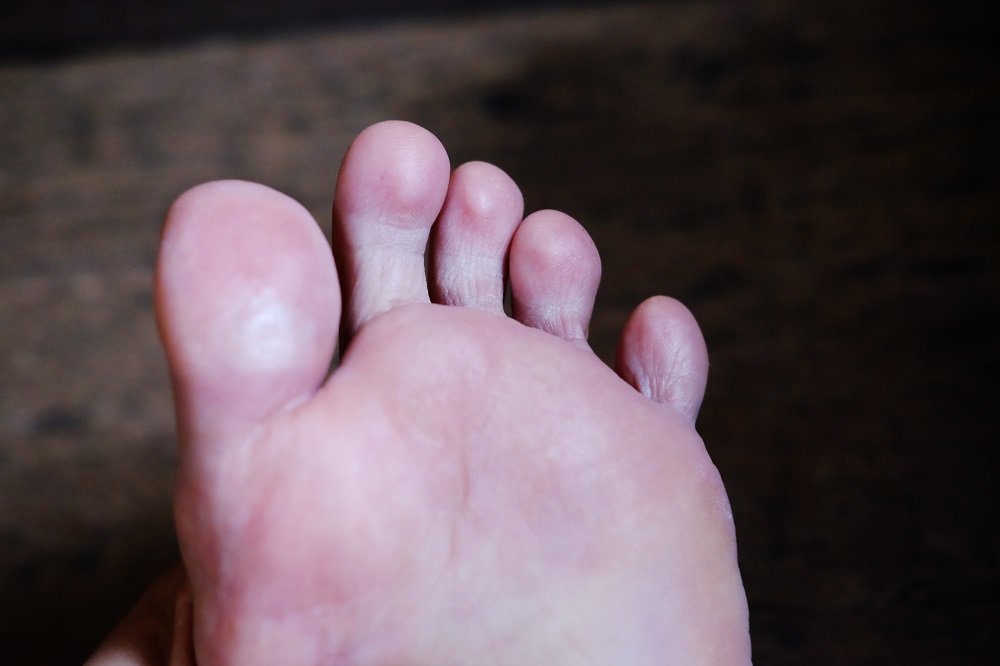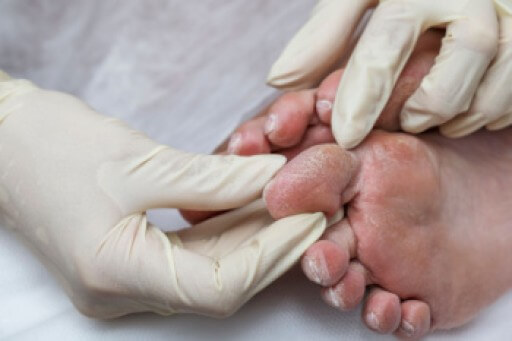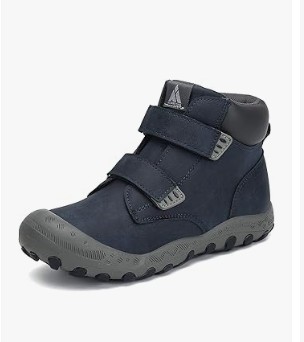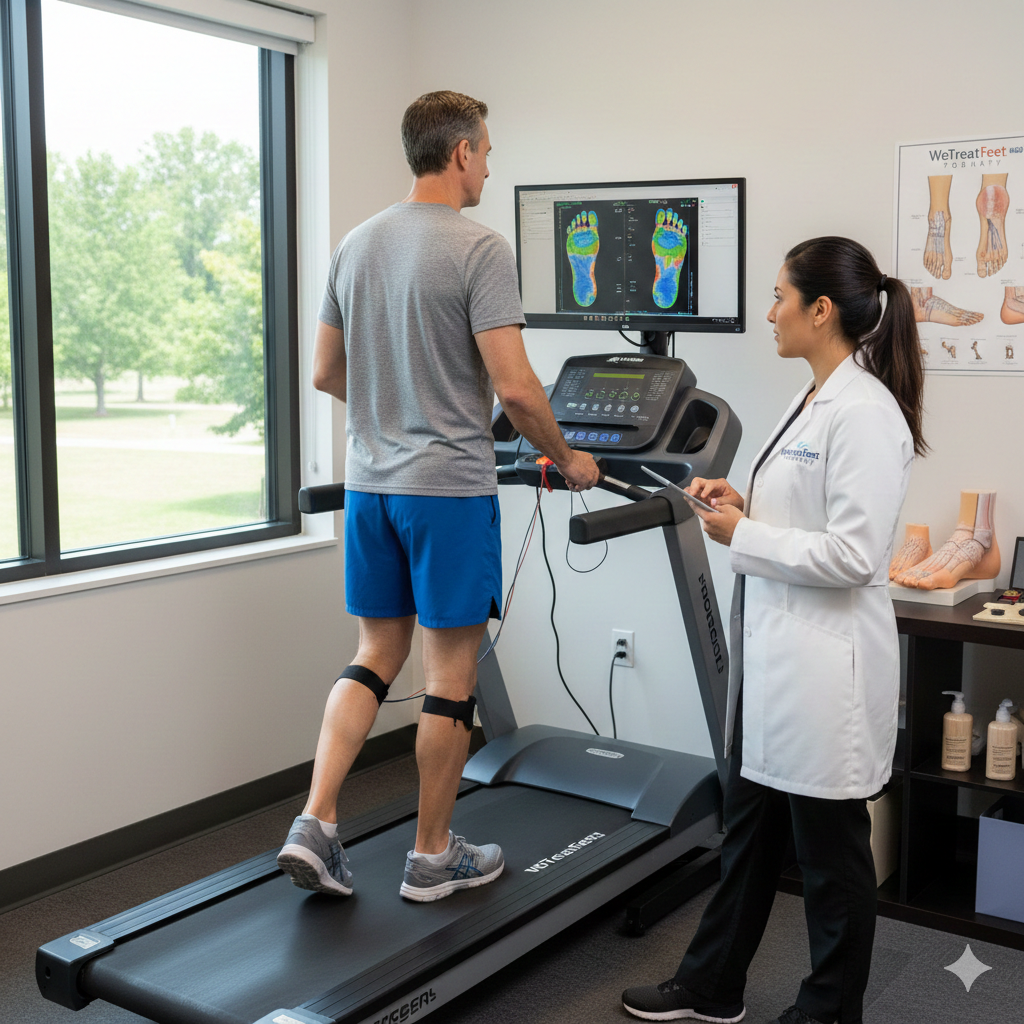Blisters are a common skin issue many encounter, whether due to friction from shoes, burns, or other forms of skin irritation. When a blister forms, it’s natural to consider quick remedies for relief and healing. One of the most readily available solutions in most households is https://wetreatfeetpodiatry.com/battling-toenail-fungus-does-hydrogen-peroxide-work. While it has been widely used for wound cleaning, its efficacy and safety on blisters are often questioned. Is hydrogen peroxide a beneficial treatment, or could it potentially harm the delicate tissue surrounding a blister?
In this article, we will explore the properties of hydrogen peroxide, its effects on blisters, the proper techniques for blister care, and instances where using this solution might be best avoided. We’ll also address alternative blister treatments and discuss when to seek professional help for optimal healing and health.
1. What Are Blisters? An Overview
Blisters are small pockets of fluid that form on the upper layers of the skin due to friction, burns, or other types of damage. They serve as the body’s natural defense mechanism, protecting the underlying skin layers from further injury. Blisters can be filled with clear fluid (serum), blood, or even pus if infected. The most common types of blisters include friction blisters, which are often caused by ill-fitting shoes or repetitive movements, and burn blisters, resulting from heat exposure.
2. Understanding Hydrogen Peroxide: A Popular Disinfectant
Hydrogen peroxide (H₂O₂) is a chemical compound widely used for its antiseptic properties. Its bubbling action when applied to a wound is often mistaken for a sign of effective cleaning, as it releases oxygen upon contact. While hydrogen peroxide does effectively kill some bacteria and disinfect wounds, it is not always ideal for all types of skin damage, especially when it comes to sensitive tissues like those surrounding blisters.
3. How Hydrogen Peroxide Works on Skin and Wounds
Hydrogen peroxide operates by releasing oxygen, which creates an oxidative environment toxic to bacteria, fungi, and viruses. This property makes it effective for cleaning minor cuts, abrasions, and shallow wounds. However, it also damages skin cells and other proteins necessary for tissue repair, which can impede the healing process for wounds that involve more delicate tissue, such as blisters.
4. The Benefits of Hydrogen Peroxide in Wound Care
When used correctly and in appropriate circumstances, hydrogen peroxide can be beneficial for treating certain types of wounds:
- Disinfects Wounds: Hydrogen peroxide can eliminate surface bacteria, reducing the chance of infection.
- Reduces Debris: The foaming action can help remove dirt and foreign materials from a wound site.
- Readily Available and Affordable: Hydrogen peroxide is an easily accessible disinfectant, making it a popular choice for many households.
5. Hydrogen Peroxide on Blisters: Potential Risks and Side Effects
Using hydrogen peroxide on blisters presents certain risks:
- Damages Skin Cells: The oxidative nature of hydrogen peroxide doesn’t only kill bacteria; it can also harm healthy skin cells that are critical for the healing process.
- Delays Healing: The cellular damage caused by hydrogen peroxide can result in prolonged healing, making it unsuitable for areas with sensitive tissue, such as blistered skin.
- Increases Risk of Scarring: Due to the tissue damage it causes, hydrogen peroxide may increase the likelihood of scarring, particularly in areas where skin is thinner.
6. When Is It Safe to Use Hydrogen Peroxide on Blisters?
While hydrogen peroxide is generally not recommended for blisters, there are situations where it may be considered:
- Minor, Non-Open Blisters: In cases where the blister is fully intact and has not popped, applying hydrogen peroxide may not provide any significant benefit but is unlikely to cause immediate harm.
- Infected Blisters: If a blister has burst and shows signs of infection, such as pus, redness, or increased pain, a diluted hydrogen peroxide solution can be used sparingly to disinfect the area temporarily before seeking professional advice.
7. Proper Blister Care Techniques
The best approach to blister care involves cleanliness, protection, and patience. Here are the primary steps for effective blister care:
- Clean the Area Gently: Use mild soap and water to cleanse the blister area without popping it.
- Cover the Blister: Use a sterile bandage or blister pad to protect it from further friction.
- Avoid Popping the Blister: Popping can introduce bacteria and increase the risk of infection.
- Apply a Healing Ointment: If the blister has burst, an antibacterial ointment can help keep the area clean.
8. Alternatives to Hydrogen Peroxide for Blister Treatment
Rather than hydrogen peroxide, consider these alternatives:
- Saline Solution: A saline rinse provides gentle cleansing without damaging skin cells.
- Antibiotic Ointments: Products like Neosporin can provide targeted antibacterial effects without causing tissue damage.
- Aloe Vera Gel: Known for its soothing and healing properties, aloe vera can reduce inflammation and promote natural healing.
9. When to Seek Medical Attention for Blisters
While most blisters heal on their own, some cases require professional intervention:
- Signs of Infection: If the blister is painful, swollen, red, or filled with pus, it may be infected.
- Large or Deep Blisters: Large blisters or those resulting from severe burns need medical assessment.
- Chronic Blisters: Frequent blistering may indicate an underlying condition and should be evaluated by a healthcare provider.
10. Common Misconceptions about Blister Treatment
There are various misconceptions around blister care that can lead to ineffective or harmful practices:
- Myth: Blisters Should Always Be Popped – Popping blisters can introduce bacteria, increasing infection risk.
- Myth: Any Antiseptic is Good for Blisters – Not all antiseptics, including hydrogen peroxide, are appropriate for delicate skin areas.
- Myth: Blisters Heal Faster Without a Bandage – Bandaging can protect blisters from further irritation, aiding healing.
In summary, hydrogen peroxide is not the ideal treatment for blisters due to its potentially damaging effects on delicate skin tissue. While it can disinfect wounds, its use on blisters could delay healing, increase scarring risks, and harm healthy cells essential for recovery. Safer alternatives like saline solutions, antibiotic ointments, and aloe vera gel can offer effective relief and promote healing without the risks associated with hydrogen peroxide. You should always discuss wound issues with your WeTreatFeet Podiatrist
Understanding proper blister care is essential for a smooth recovery and prevention of complications. If in doubt or facing a complicated blister, seek professional medical guidance. While hydrogen peroxide may be a household staple for minor cuts, it’s best to approach blister care with gentler, more specialized solutions for the best possible outcome.





